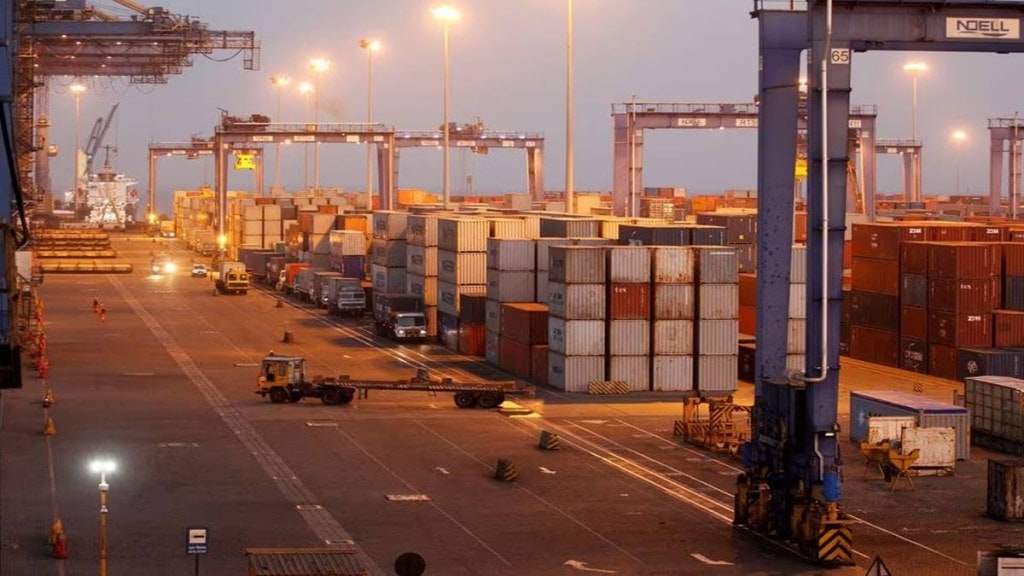By Aasheerwad Dwivedi & Aakanksha Arora
Adopting Net Zero target is a crucial step towards the fight against climate change. More than 130 countries across the world have adopted a target to achieve Net zero from the year 2045-2070. To achieve these targets, the world needs to go through a swift energy transition away from fossil fuels towards renewable energy. In fact, the International Energy Association (IEA) have projected that the share of coal, oil and natural gas in global energy supply which was stuck at about around 80% for decades would start to edge downwards to 73% by 2030 if the policy scenario stands the same as it is today.
The increase in renewable sources in total energy demand is a positive sign. However, this means that the world would need an unprecedented supply of various critical minerals such as copper, nickel, lithium, cobalt etc. in the near future. These minerals will be required to make everything, ranging from electric vehicles, solar panels, batteries to wind turbines. A typical Electric Vehicle (EV) battery pack, for example, needs about 8 kilograms of lithium, 35 kilograms of nickel and 14 kilograms of cobalt. Further, the motor coils of the engine in electric cars, the battery, and the cables for charging stations all rely heavily on copper. Graphite though used across many industries, is most in demand for its use in batteries, especially EV batteries. Nickel is key to battery storage, wind turbines and power plants.
IEA has predicted that under the net zero scenario, the demand for lithium will become six times by 2030. In the same time period, the demand for nickel and cobalt will double and for copper it will grow by 1.5 times. This sharp rise in the demand of these minerals if not met with increased supply would lead to spike in prices. This will make the already difficult transition unaffordable for most of the countries.
The supply of most of these minerals is heavily concentrated in very few countries. For example, Australia, Chile and China together produce close to 90% of all lithium in the world. And even out of this, Australia produces about 50%. China produces more than 60% of all graphite. About 60% of the world’s cobalt is mined in the Democratic Republic of the Congo alone. Similarly, the supply of nickel and cobalt is also highly concentrated only in few countries. Hence, it is sure that almost all countries would depend on import of these minerals to facilitate their energy transition. As the industry for renewable energy is in the early stages, the existing technology make these minerals impossible to substitute as well.
The growing demand also means that there are continuous efforts towards exploration of these minerals in different parts of the world. US is trying to discover and develop reserves of critical minerals via its Energy Recourse Governance Initiative that countries like Botswana, Argentina, Australia etc. have joined. United Kingdom, Canada, Australia and India have also formulated similar initiative for critical minerals. But even if more deposits are found, it will take time to extract them from the ground and put to use.
Until then, the availability and access to these minerals is a must for all countries to be able to transition towards renewable energy. This makes the case to establish a free and fair trade in these minerals without any exceptions. In this context, US and UK are negotiating a Critical Minerals Agreement as a part of a shared clean energy agenda. India and Australia have Australia-India Economic Cooperation and Trade Agreement which also has components on access to critical minerals.
But given the scale of the issue, there is a case for multilateral institutions like WTO to create an agreement for trade on critical minerals without any export restriction, sanctions, tariff etc. Predictable policy framework is necessary for open trade, which can also be achieved if proactive measures are taken by WTO. This should also be high priority agenda for regional trade agreements like ASEAN, AfCFTA, RCEP etc. and even bilateral trade agreements going forward. An international organisation in the form of special purpose vehicle (SPV) for critical minerals with experts from various countries should also be created. This SPV would help in data sharing and better understanding of the complex supply chain associated with it.
To decarbonise the world, it is essential that every country must have access to these minerals at fair prices, making cooperation at the world level necessary. As it is said that “No one is safe until everyone is”. In context of climate change, we can say that “It cannot be tackled unless it is tackled for all”.
Dwivedi is Assistant Professor at Faculty of Management Studies, Delhi University and Arora is Joint Director, Economic Advisory Council to PM. Views expressed are personal.

